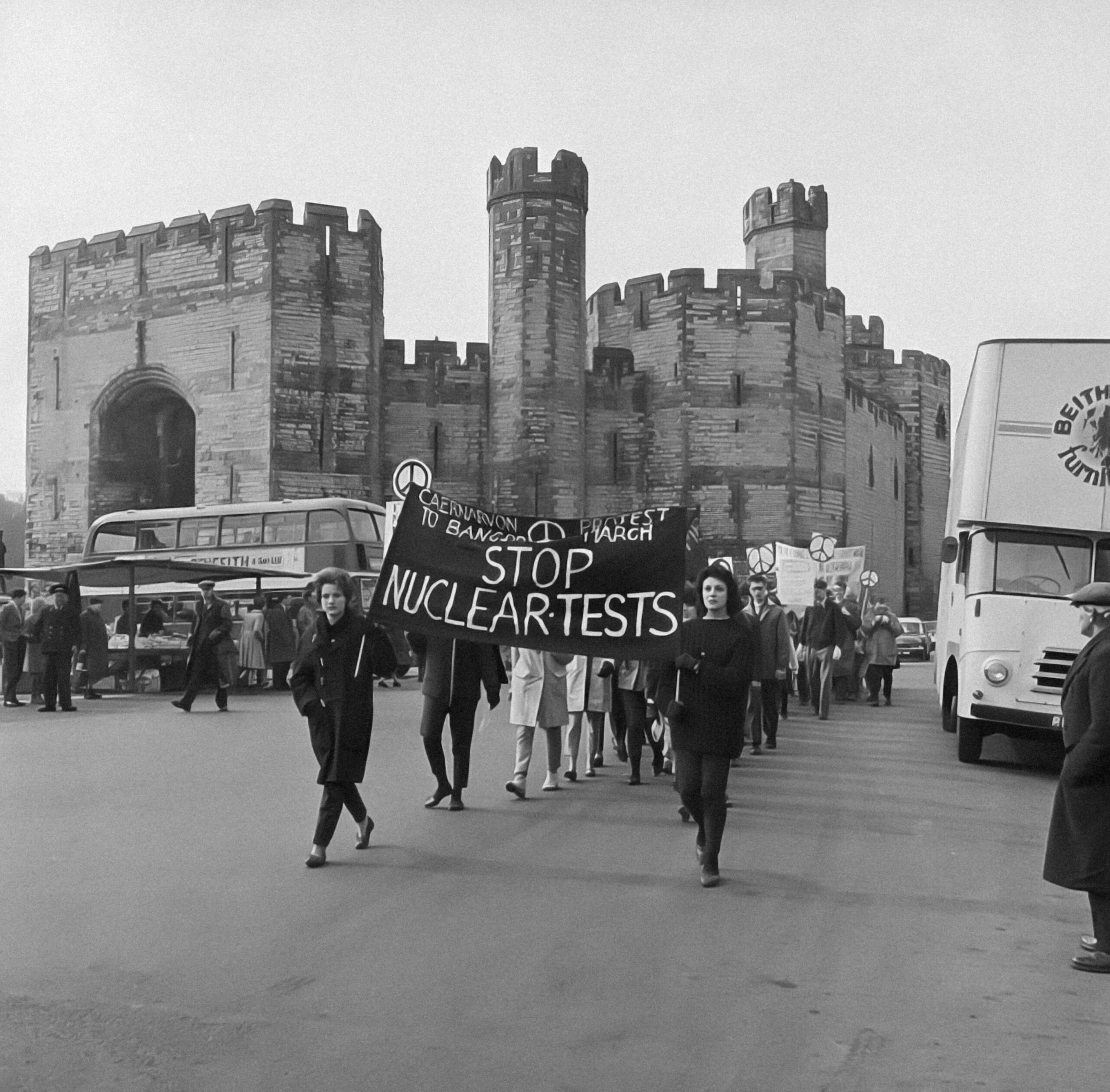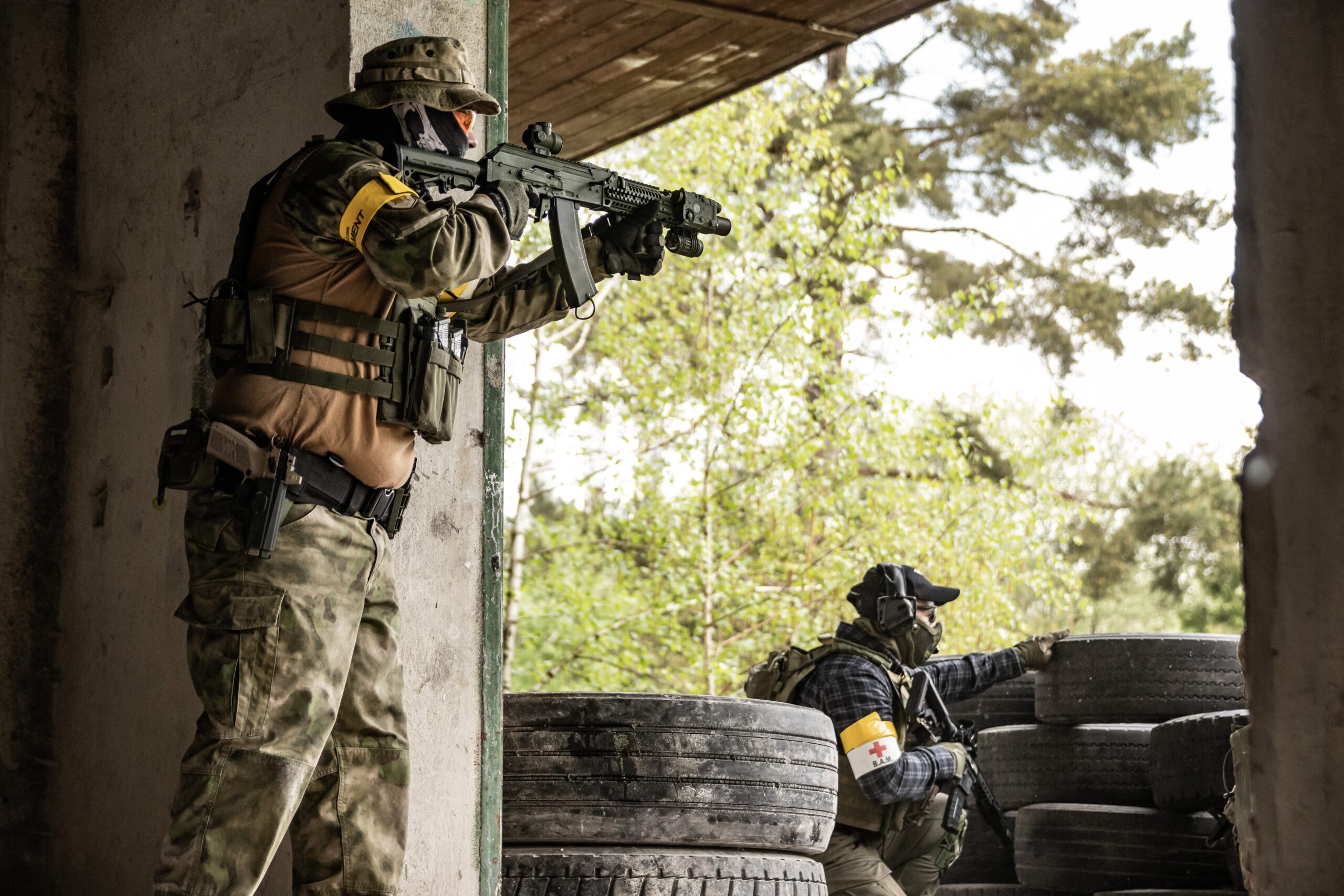Resolution of 21 Clan Conflicts in Central Mindanao: A Boost to Investment Climate

Contributed Photo
COTABATO CITY — The resolution of 21 cases of rido in central Mindanao over the past few months is expected to have a positive impact on the investment environment in the region. These long-standing disputes have hindered progress due to historical armed confrontations.
The most recent “rido,” which signifies deep-seated hostility between Moro factions, was successfully mediated between two rival groups within the Moro Islamic Liberation Front (MILF).
The settlement occurred in the neighboring towns of Pikit, Cotabato, and Pagalungan, Maguindanao del Sur.
In a significant gesture of reconciliation, leaders from both factions swore upon the Quran to put an end to the misunderstandings that had resulted in casualties on both sides. This achievement marked the 21st instance of clan conflicts being resolved in the Bangsamoro region through multi-sector interventions, spanning from late 2021 to the present month, as documented by police and military records.
Numerous instances of rido cases were resolved by collaborative mediators representing various sectors, involving families from the 63 Bangsamoro barangays across different towns in Cotabato province, situated in Region 12. These barangays are collectively referred to as the Special Geographic Area within the Bangsamoro Autonomous Region in Muslim Mindanao.
Ronald Halid Dimacisil Torres, the head of the Bangsamoro Business Council, said on Monday that they are now well-positioned to attract external investors to establish economically viable, capital-intensive agricultural ventures in the Special Geographic Area. The region is deemed suitable for large-scale cultivation of crops like Cavendish bananas, oil palm, as well as short-term crops like cassava, soybeans, and hybrid corn.
Torres, a lawyer and entrepreneur, expressed gratitude for the involvement of leaders from the MILF, the Moro National Liberation Front (MNLF), and various agencies of the Bangsamoro government in resolving the clan conflicts within the Special Geographic Area (SGA) and in different towns within Maguindanao del Sur and Maguindanao del Norte, both integral parts of the Bangsamoro region.
According to Mohammad Omar Pasigan, Chairman of the BARMM Regional Board of Investments, these positive developments have the potential to entice investors from other regions to establish enterprises in the autonomous region.
The successful resolution of the 21 clan conflicts over the past 27 months was a result of collaborative efforts between the police, units from the Army’s 6th Infantry Division, local officials, Muslim religious groups, and the multi-sector regional peace and order council of the BARMM.
Army Major General Alex Rillera, commander of the 6th ID, communicated through Viber on Monday that the pivotal role played by local government officials and traditional Moro leaders cannot be overstated.
Their efforts were instrumental in persuading opposing Moro families to reconcile, sign peace agreements, and cease hostilities to ensure the smooth provision of government services within their communities.
Kadil Sinolinding, a member of the Bangsamoro parliament and an ophthalmologist, mentioned that the resolution of clan conflicts would now facilitate easier access to medical treatment for patients from previously affected areas. His team of eye specialists would find it more feasible to serve patients from regions previously plagued by rido at their medical facility in Kabacan, Cotabato.
Sinolinding, who also has family ties within the SGA, expressed gratitude to the leaders of the feuding clans for their willingness to embrace mediation, thereby allowing peace to flourish once more.
He pointed out that a significant factor expediting the resolution of these conflicts was the recent construction of public markets, barangay halls, municipal government buildings, and police stations in affected areas by the Ministry of the Interior and Local Government (MILG).
These infrastructural developments decentralize governance and empower local communities in their peacebuilding endeavors.
“The infrastructures erected by MILG serve as prominent symbols of government presence in remote villages, reinforcing the feeling of government involvement in areas far from municipal and provincial centers,” noted Sinolinding, who previously served as the regional health secretary in the now-defunct Autonomous Region in Muslim Mindanao ARMM).
He further highlighted that deficiencies in public administration, coupled with the absence of courts, prosecutors, and visible policing, have perpetuated the “rido” culture. For those involved, this has been viewed as the quickest avenue to seek justice for perceived insults to clan pride, honor, and other disputes that could ideally be addressed through judicial means.









